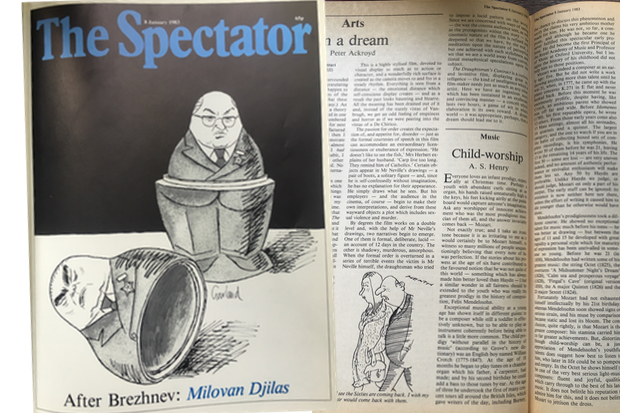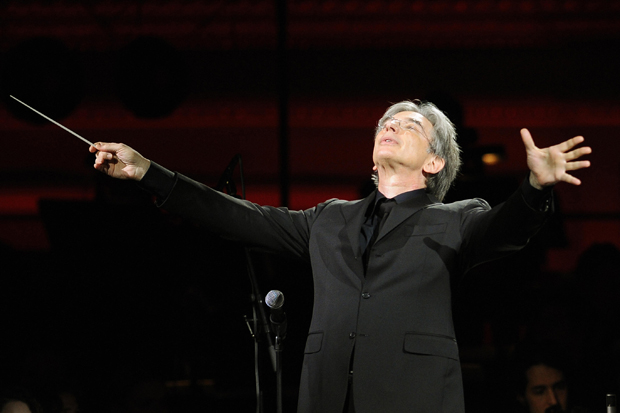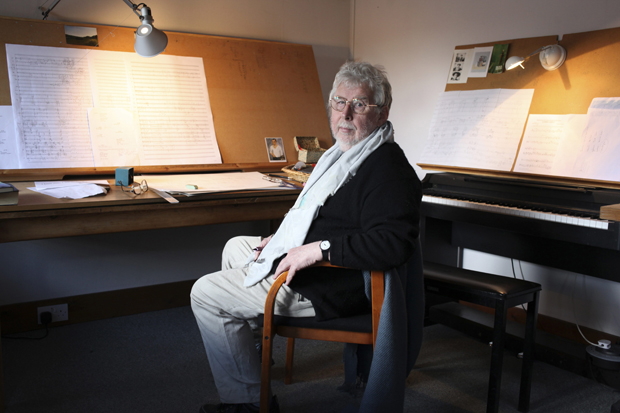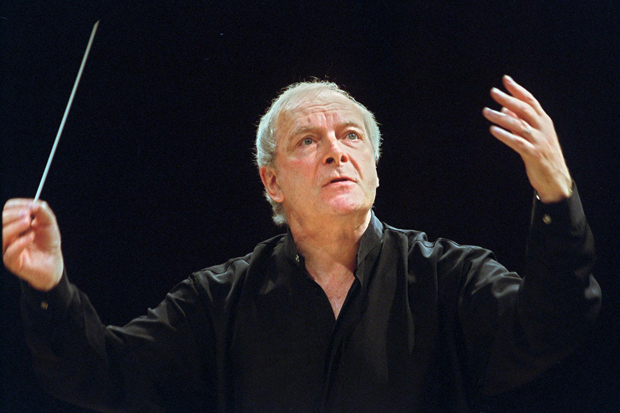One of the unlooked-for side effects of the financial crisis has been what might be called the desocialising of music funding. Whereas once many arts organisations could expect to survive solely on public money, just recently there has been an almost unseemly rush to tap private sources of cash. The time lag between the original catastrophe and the realisation that oblivion may be just round the corner is probably explained by the disinclination of politicians to dump high-profile organisations overnight. But now, finally, there is no escape. Philanthropists the world over are besieged.
This would make such a lovely subject for a university student in the US, on one of those privately endowed humanities research programs, assuming he or she could get their heads around the concept of taxpayers being obliged to support élitist endeavours. For it is a very European phenomenon. Not that I would recommend that our students start in Britain – unless they were very fluent in the peculiar status that the BBC holds here. They would do better to turn straight to Catholic Europe instead. There the horrors of socialist irresponsibility that so beset Mrs Thatcher have never been more in evidence than in the sums of money annually dished out to orchestras, opera houses, choruses and music festivals.
In these nations there was never the sense that such organisations should sink or swim according to whether the public wanted them, but that they ought to exist, guided by the tastes of the élite. In Holland that meant pouring money into contemporary composition; in Germany into the opera houses; in Italy into summer festivals and the old buildings associated with them; in Belgium into early music and choirs. Decades ago, leading citizens identified that these were the priorities that concerned properly educated fellow-nationals, and their survival was duly cast in stone.
And perhaps it is a good thing that dedicated professionals should be put beyond the worries of daily life while they hone their skills in the service of the people, practising all day and performing until late at night: in effect, civil servants on full-time salaries with all the attendant benefits. The argument in favour of this status was that fixed bodies of performers would inevitably become the most proficient at what they do, through constant practice together, and that their members would be encouraged not to give up and get a desk job.
So how bad is it that this way of protecting our cultural heritage is, by one view, under terrible threat? The answer seems to be not very — an answer George Orwell would have understood. Ironically, these privileged bodies of musicians, set up in the full glare of democratic fervour by elected politicians, have too often ended up as closed shops. Their members, once given the privileges of the system, unsurprisingly never choose to leave, with the result that the average age usually remains high. The privileges they enjoy include byzantine complication in the business of sacking anyone — endless reviews and testimonials — that can either lead to putting up with them until they do retire, or to a foul atmosphere about the workplace until they are finally shown to be incompetent.
It should be obvious to everyone except perhaps the elderly indentured themselves that younger people are likely to be able to do their jobs better than they can. Is it not self-evident that young singers, with young muscles in their throats, will sing more fluently, more easily than older people? Is it not equally likely that young students straight out of college, tutored to the highest modern specifications, will play their instruments better than people trained 30 or 40 years ago? What really is the advantage of employing older musicians: do they carry into the contemporary scene the irreplaceable wisdom of former times? I very much doubt it. My experience is that young people, who have spent their childhoods listening to the sounds of the ensembles that so fascinate them, first on Walkmans and now on iPods, know precisely what is expected of them if they want to enter the music profession at the highest level. Never were they better informed. They will have assimilated the wisdom, and with the energy of youth will be waiting to put it into practice.
All they need is the opening. What they don’t need is the closed shop. There is a callousness in what I am saying: people who trained hard years ago, and who were led to believe that they would be employed for life, are suddenly having their contracts terminated. The system that once said it cared for their days of illness and old age is now saying that they should have made other arrangements. Meanwhile, the standard of the music-making has shot up. So what does the public really care about?
Got something to add? Join the discussion and comment below.
Get 10 issues for just $10
Subscribe to The Spectator Australia today for the next 10 magazine issues, plus full online access, for just $10.
You might disagree with half of it, but you’ll enjoy reading all of it. Try your first month for free, then just $2 a week for the remainder of your first year.














Comments
Don't miss out
Join the conversation with other Spectator Australia readers. Subscribe to leave a comment.
SUBSCRIBEAlready a subscriber? Log in